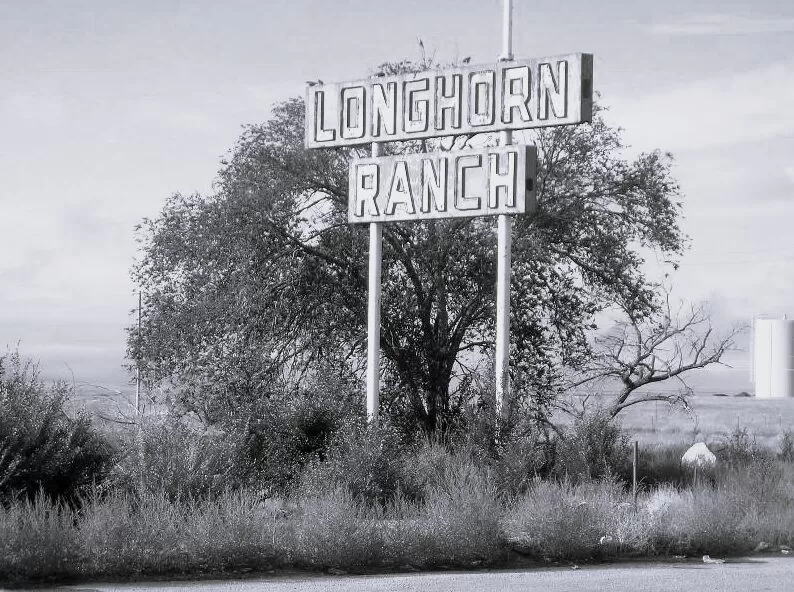It’s more than a little astonishing to look at a fresh new calendar in a fresh new year and realize that I’m staring down 40 years since one of the most memorable summers of my life. I spent that summer, 1984, in Moriarty, New Mexico, which sits about forty miles east of Albuquerque. I was living with my dad and his then-wife, with whom he was at the tail end of a second go-round at marriage. (Marital follies, more for...

